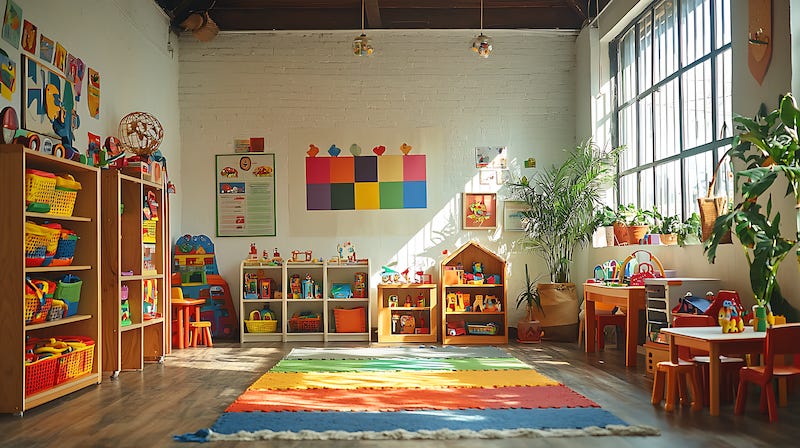📨 Weekly digest: 24 2025 | Are we outsourcing our minds to algorithms?
The "AI apathy" epidemic | The Daily Wild Summary

👋🏻 Hello, legends, and welcome to the weekly digest for week 24 of 2025.
It's 2025. We're no longer just using AI but actively deferring to it. The initial euphoria around Generative AI's ability to create, summarize, and even "reason" has given way to a more insidious trend: the silent atrophy of human critical thinking.
We were warned that "Agents don't eliminate the need for thinking. They amplify the consequences of thinking poorly."
But what if the result of thinking poorly is eliminating thinking itself?
The shift from AI tools to AI agents, from autonomous customer service bots to AI-driven financial advisors, is profound. These systems don't just respond; they act, decide, and execute with increasing autonomy.
While this promises efficiency, it simultaneously reduces the need for human intervention, leading to a creeping disengagement from the decision-making process.
AI's relentless pursuit of hyper-personalization, whether in content recommendations, news feeds, or educational pathways, creates echo chambers of thought.
Our algorithms, designed to show us "what we like," are effectively shielding us from challenging perspectives and diverse information, inadvertently eroding our capacity for nuanced analysis and independent judgment.
As AI models become more complex and opaque, the rationale behind their outputs is increasingly incomprehensible, even to their creators.
This "explainability gap" fosters a dangerous level of trust in AI, where we accept recommendations without truly understanding why they were made, leaving us vulnerable to algorithmic biases and subtle manipulations.
Studies show a negative correlation between frequent AI usage and critical thinking abilities, particularly among younger generations.
We're offloading data retrieval and the very act of analysis, synthesis, and problem-solving.
This isn't just about forgetting facts (the "Google Effect"); it's about the gradual weakening of our mental "muscles" for deep, independent thought.
Here's the uncomfortable truth: We're trading intellectual rigor for algorithmic convenience, and the price is our collective cognitive resilience.
AI's promise was to augment human intelligence, to free us from the mundane so we could tackle the profound. Instead, for many, it's becoming a seductive shortcut to shallow thinking, a digital pacifier that keeps us "comfortably numb" to the world's complexities.
We evangelize "AI literacy," yet we often reduce it to knowing how to prompt a bot, not how to critically interrogate its output.
We tout human-AI collaboration, yet increasingly, the human is relegated to a passive observer, nodding as the algorithm dictates. The true danger isn't that AI will become sentient and enslave us; it's that we will willingly, perhaps even joyfully, surrender our capacity for independent thought, becoming dependent intellects in a world engineered for effortless "solutions."
The irony is that the very tools designed to amplify our intellect are, for many, silently diminishing it. Unless we actively cultivate skepticism, embrace discomfort, and demand transparency, we risk entering an age where human brilliance isn't amplified but merely echoed and often distorted by the machines we built to serve us.
The consequences of this "thinking poorly"—or, more accurately, not thinking at all—will be far more devastating than any technical glitch. They will reshape the very fabric of human potential.
What do you think?
I am looking forward to reading your thoughts in a comment.
Explore everything you need with AI: AI unbundled.
Yael.
📌 The Daily Wild Summary
🔥 AI's expanding reach
🔥 Sama and humanity
🔥Reach expanded
🔥 From VC bets to workplace evolution
Yael on AI, my personal views
Previous digest
📨 Weekly digest: 23 2025 | We're building a "smart" childcare system, not smarter humans
👋🏻 Hello, legends, and welcome to the weekly digest for week 23 of 2025.
📨 Weekly digest
Thank you for being a subscriber and for your ongoing support.
If you haven’t already, consider becoming a paying subscriber and joining our growing community.
To support this work for free, consider “liking” this post by tapping the heart icon, sharing it on social media, and/or forwarding it to a friend.
Every little bit helps!





